DL.org announces the Tutorial on Digital Libraries: Foundations & Interoperability during the Extended Semantic Web Conference, 29 May – 2 June 2011, Heraklion, Greece. The half-day Tutorial focuses on the DL.org Reference Model, a conceptual framework for Digital Libraries, coupled with real-world examples and a hands-on session. The aim of this tutorial is to introduce the audience to the state-of the art in Digital Libraries documenting the significant effort towards building a common language to express key issues surrounding interoperability.
The tutorial covers the core concepts characterising Digital Libraries: content, functionality, user, policy, quality and architecture. The tutorial features a rich mix of presentations, interactive discussion, demos and hands-on with comprehensive examples of existing systems that apply semantic technologies to help exemplify abstract concepts. Participants will come away with a conceptual framework and new knowledge on DL.org’s approach to Digital Library Interoperability, Best Practices and Modelling Foundations enhancing their research and professional practices. To ensure maximum impact, DL.org will provide tutorial attendees with a Virtual Reading List and pointers well ahead of the event.
Presenters
- Yannis Ioannidis, University of Athens
- Donatella Castelli, Institute of Information Science & Technologies, National Research Council of Italy
- Leonardo Candela, Institute of Information Science & Technologies, National Research Council of Italy
- Katerina El Raheb, University of Athens
Target Audience
The tutorial is designed for researchers and practitioners dealing with different aspects of semantic technologies, specifically Information Scientists, PhD candidates, Engineers, Digital Library Designers and Administrators, as well as Digital Libraries Managers, Librarians and Information Scientists attending ESWC 2011.

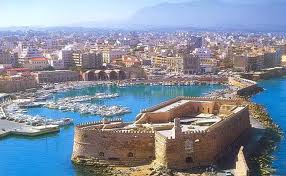
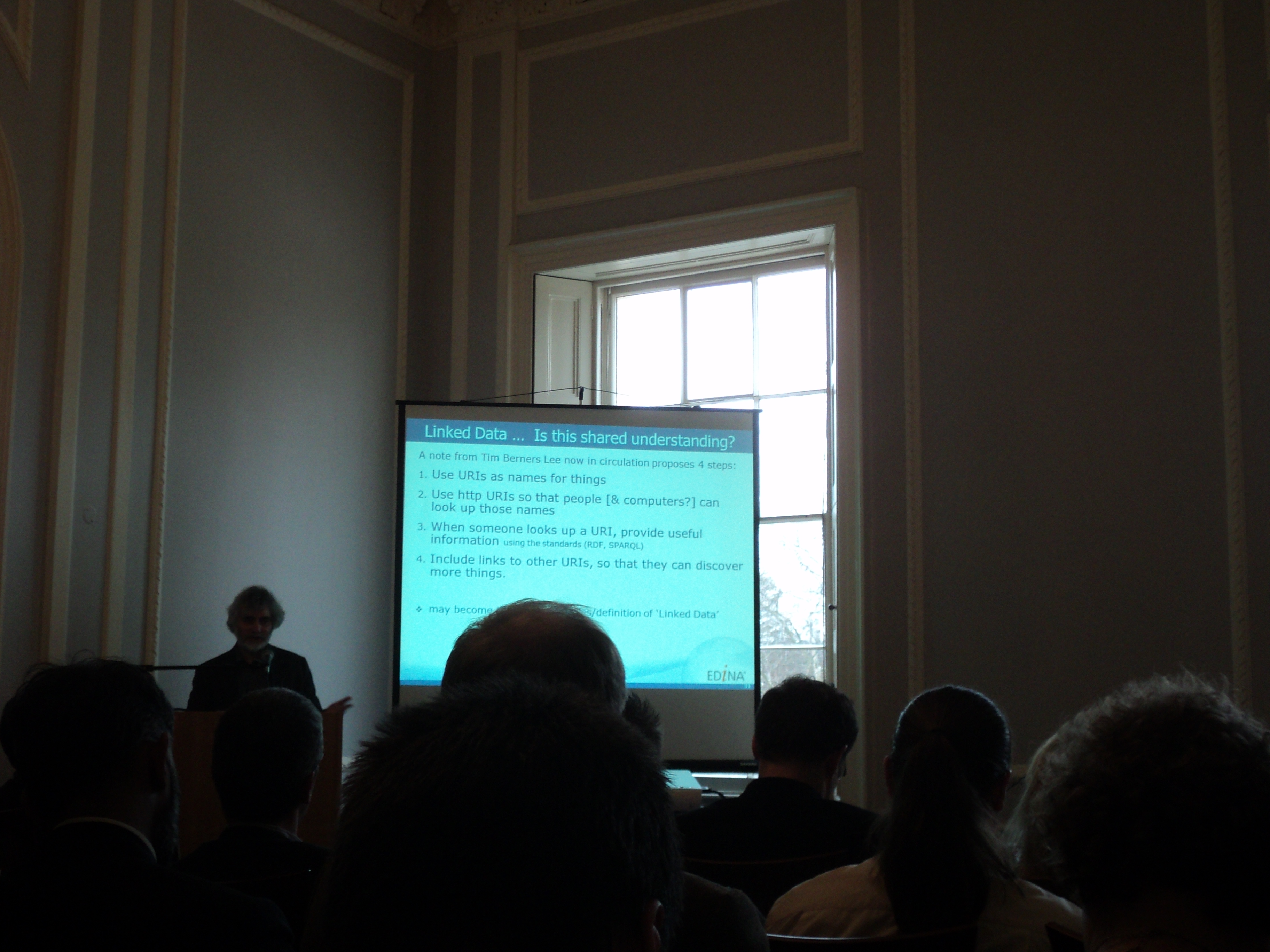
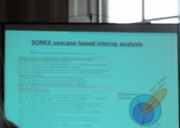
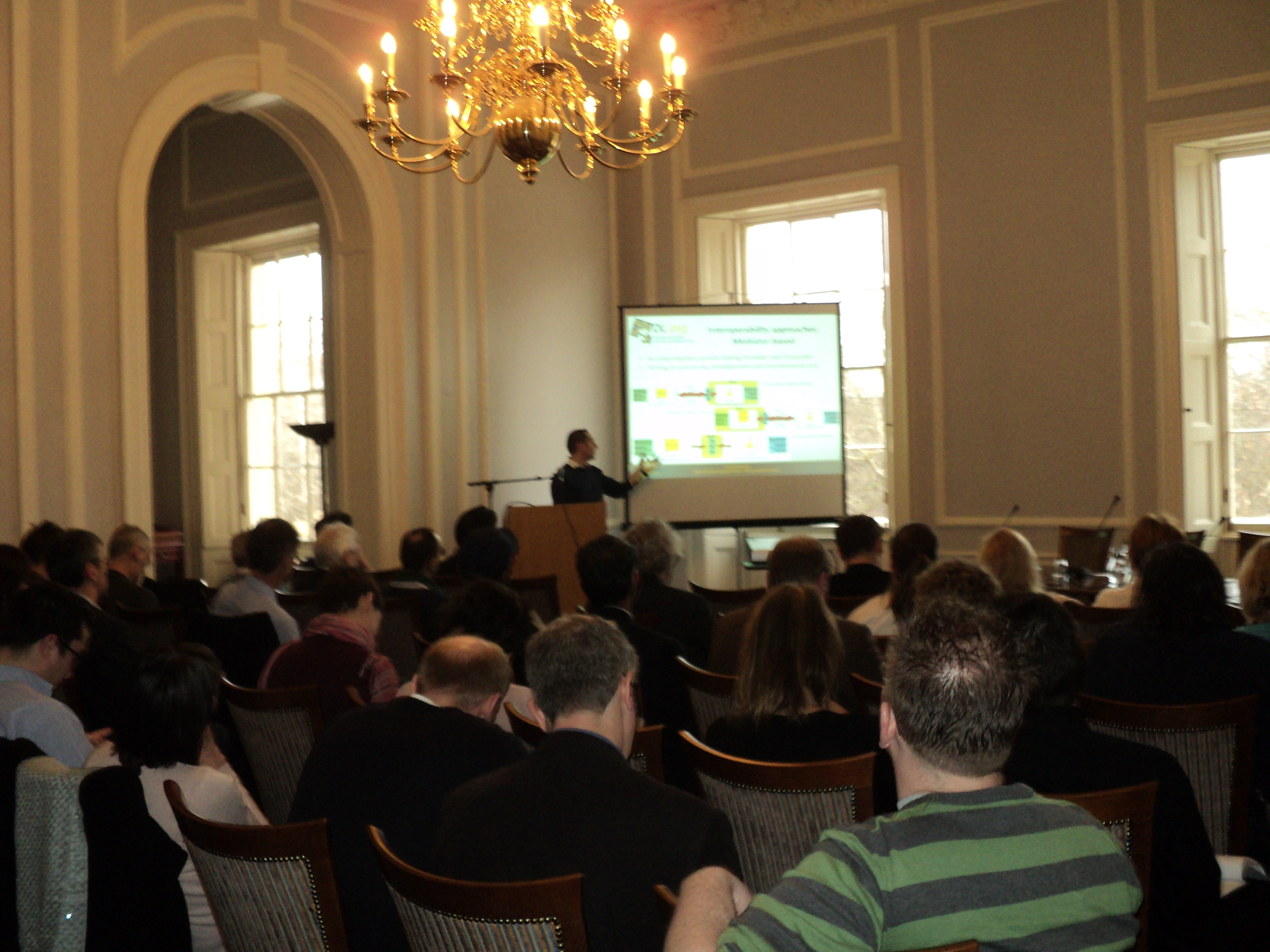
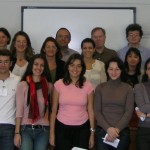
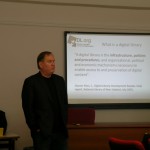



RFC Version of the DL.org Cookbook released
Thursday, October 14th, 2010DL.org Cookbook - Request for Comment
The demand for powerful and rich Digital Libraries capable of supporting a broad variety of interdisciplinary activities and the pressing need to address the data deluge are intimately bound up with the increasing need for “building by re-use” and “sharing”. Interoperability plays a crucial role in responding to these needs. Despite efforts to address interoperability, current solutions are still limited. The lack of a systematic approach on the one hand and scarce knowledge of current solutions adopted on the other are among the main impediments to interoperability. What’s more, solutions are all too often confined to the systems they have been designed for.
Chartered with addressing interoperability challenges, the DL.org project and its contributing experts have produced a Request for Comment version of the Technology and Methodology Digital Library Cookbook. The Cookbook is aimed at collecting and describing a portfolio of best practices and pattern solutions to common challenges face when it comes to developing large-scale interoperable Digital Library systems.
This first Request for Comment (RFC) version of the Cookbook, which should not be considered neither authoritative nor final but rather as a “work in progress” with the aim of enhancing it through external feedback.
Contributing to the Cookbook
Requests for Comments regard both the Cookbook as a whole, as well as on any of its components by leveraging expertise outside the DL.org project. The Cookbook main components are:
Feedback on the Cookbook is requested until the end of November 2010 and should be sent to cookbook@dlorg.eu. To provide feedback in the form of a blog posting, please contact info@dlorg.eu. Before sending feedback, we strongly advise you to read the terms and conditions.
Tags: interoperability, interoperability scenarios, organisational interoperability, request for comment, semantic interoperability, technical interoperability, Technology & Methodology Cookbook
Posted in Expert Views | Comments Off